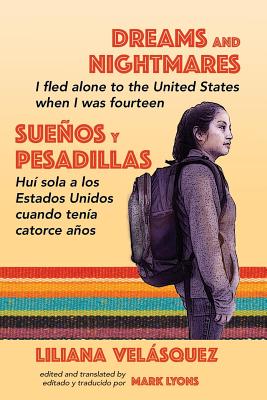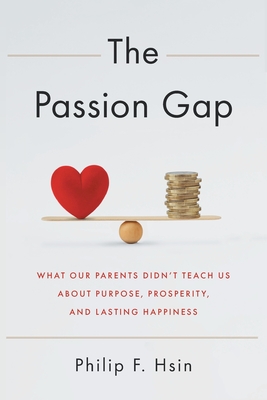
Velasquez, Liliana
Description
At fourteen, Liliana Velásquez walked out of her village in Guatemala and headed for the U.S. border, alone. On her two-thousand-mile voyage she was robbed by narcos, rode the boxcars of La Bestia, and encountered death in the Sonoran Desert. When she was caught by Immigration in Arizona, she thought her journey was over. But it had just begun.
A los catorce años, Liliana abandonó su pueblo en Guatemala y se dirigió hacia la frontera de los Estados Unidos, sola. En su viaje de dos mil millas fue asaltada por los narcos, viajó en los vagones de La Bestia y se enfrentó a la muerte en el desierto de Sonora. Cuando fue capturada por Inmigración en Arizona, ella pensó que su viaje había terminado. Pero solo acababa de empezar.
What People Are Saying
While Immigrants' stories are often told by others, Liliana shares her personal experience of vulnerability, resilience and perseverance in the face of uncertainty. She is a strong and remarkable woman.
Mientras que las historias de los inmigrantes son generalmente contadas por terceros, Liliana comparte su propia historia personal, su capacidad recuperativa y su perse-verancia en medio de mucha incertidumbre. Ella es una mujer fuerte y extraordinaria.
--María Sotomayor, DACA recipient, Youth Organizer, Pennsylvania Immigration and Citizenship Coalition
Stories like Liliana's counter the inhumane narratives that cast migrants and refugees as "drug dealers and rapists," and instead offer US audiences a perspective infused with the genuine human experience of migration.
Historias como la de Liliana contradicen a las historias des-humanizantes en las que se equipara a los inmigran-tes y refugiados con "narcotraficantes y violadores." La historia de Liliana ofrece al público estadounidense una perspectiva imbuida de una experiencia migratoria genuina-mente humana.
--Aja Y. Martinez, PhD, Syracuse University
Liliana's story is heartbreakingly ordinary, similar to tens of thousands of children who have fled violence, abuse, and extreme poverty, only to suffer further hardship at the hands of a US government that treats them as threats rather than child survivors of trauma.
La historia de Liliana es dolorosamente común, similar a la de decenas de miles de niños que han huido de la violencia, el abuso y la pobreza extrema, sólo para sufrir más adver-sidades a manos del gobierno de los E. U. que los trata como si fueran una amenaza y no como a niños sobre-vivientes de un trauma.
--Jonathan Blazer, Advocacy and Policy Counsel for Immigrants' Rights, American Civil Liberties Union







